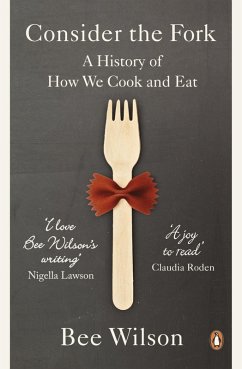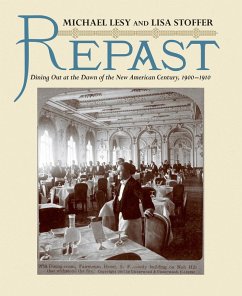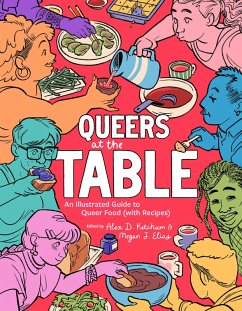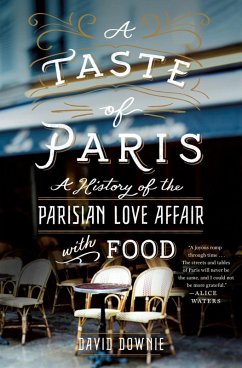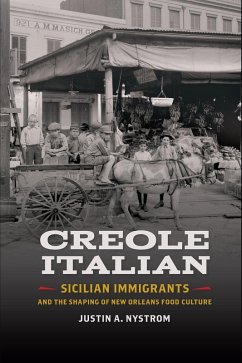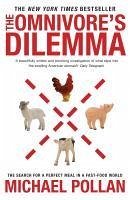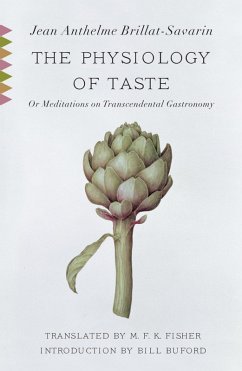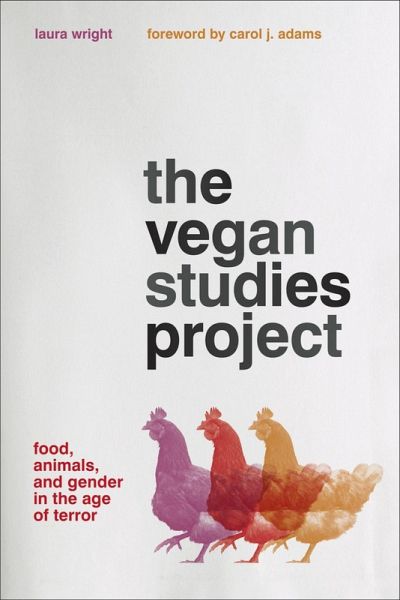
The Vegan Studies Project (eBook, ePUB)
Food, Animals, and Gender in the Age of Terror

PAYBACK Punkte
14 °P sammeln!
This inescapably controversial study envisions, defines, and theorizes an area that Laura Wright calls vegan studies. We have an abundance of texts on vegans and veganism including works of advocacy, literary and popular fiction, film and television, and cookbooks, yet until now, there has been no study that examines the social and cultural discourses shaping our perceptions of veganism as an identity category and social practice.Ranging widely across contemporary American society and culture, Wright unpacks the loaded category of vegan identity. She examines the mainstream discourse surroundi...
This inescapably controversial study envisions, defines, and theorizes an area that Laura Wright calls vegan studies. We have an abundance of texts on vegans and veganism including works of advocacy, literary and popular fiction, film and television, and cookbooks, yet until now, there has been no study that examines the social and cultural discourses shaping our perceptions of veganism as an identity category and social practice.
Ranging widely across contemporary American society and culture, Wright unpacks the loaded category of vegan identity. She examines the mainstream discourse surrounding and connecting animal rights to (or omitting animal rights from) veganism. Her specific focus is on the construction and depiction of the vegan body-both male and female-as a contested site manifest in contemporary works of literature, popular cultural representations, advertising, and new media. At the same time, Wright looks at critical animal studies, human-animal studies, posthumanism, and ecofeminism as theoretical frameworks that inform vegan studies (even as they differ from it).
The vegan body, says Wright, threatens the status quo in terms of what we eat, wear, and purchase-and also in how vegans choose not to participate in many aspects of the mechanisms undergirding mainstream culture. These threats are acutely felt in light of post-9/11 anxieties over American strength and virility. A discourse has emerged that seeks, among other things, to bully veganism out of existence as it is poised to alter the dominant cultural mindset or, conversely, to constitute the vegan body as an idealized paragon of health, beauty, and strength. What better serves veganism is exemplified by Wright's study: openness, debate, inquiry, and analysis.
Ranging widely across contemporary American society and culture, Wright unpacks the loaded category of vegan identity. She examines the mainstream discourse surrounding and connecting animal rights to (or omitting animal rights from) veganism. Her specific focus is on the construction and depiction of the vegan body-both male and female-as a contested site manifest in contemporary works of literature, popular cultural representations, advertising, and new media. At the same time, Wright looks at critical animal studies, human-animal studies, posthumanism, and ecofeminism as theoretical frameworks that inform vegan studies (even as they differ from it).
The vegan body, says Wright, threatens the status quo in terms of what we eat, wear, and purchase-and also in how vegans choose not to participate in many aspects of the mechanisms undergirding mainstream culture. These threats are acutely felt in light of post-9/11 anxieties over American strength and virility. A discourse has emerged that seeks, among other things, to bully veganism out of existence as it is poised to alter the dominant cultural mindset or, conversely, to constitute the vegan body as an idealized paragon of health, beauty, and strength. What better serves veganism is exemplified by Wright's study: openness, debate, inquiry, and analysis.
Dieser Download kann aus rechtlichen Gründen nur mit Rechnungsadresse in A, D ausgeliefert werden.




